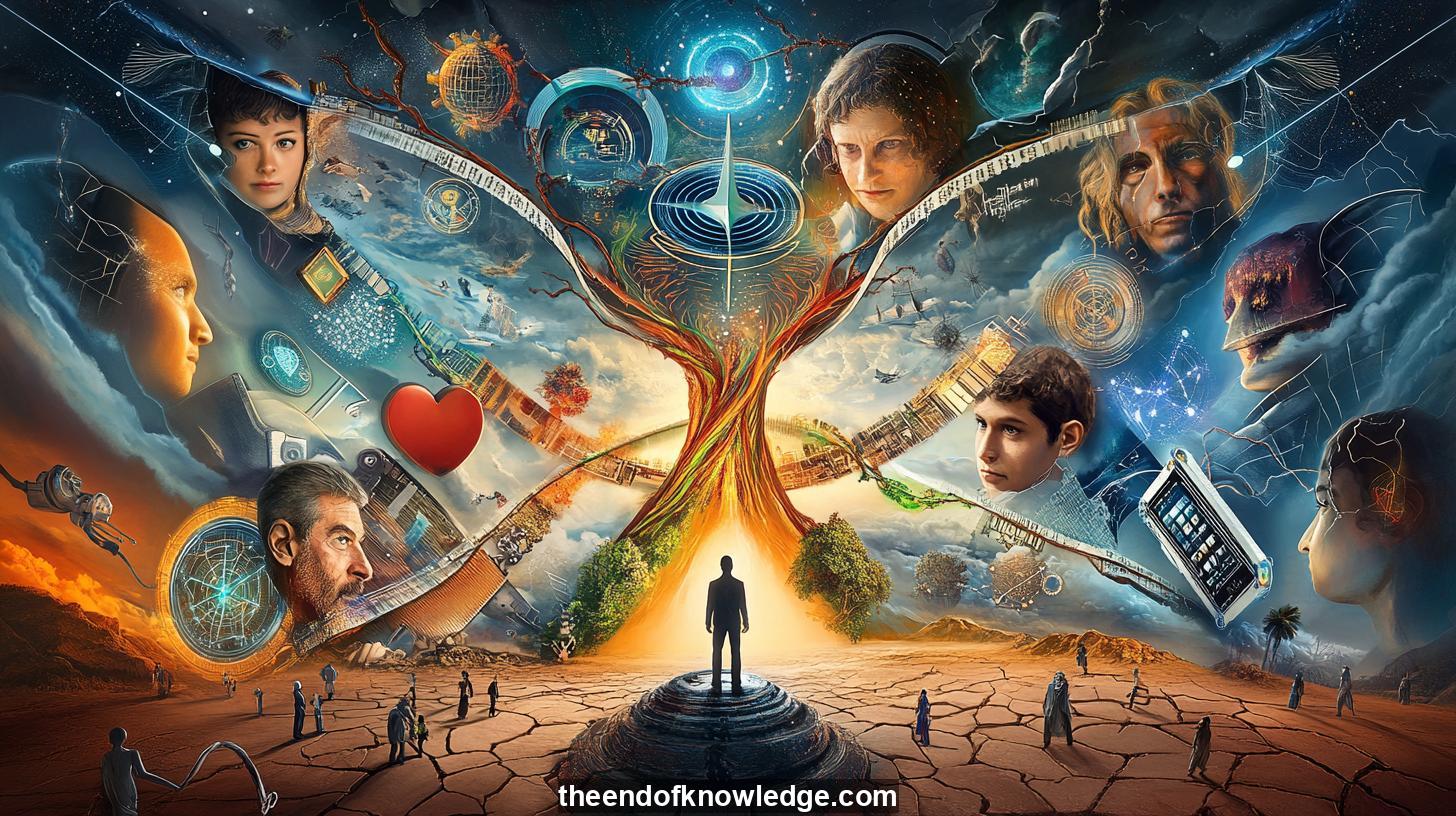 >
>
Concept Graph, Resume & KeyIdeas using DeepSeek R1 :
Resume:
The discussion revolves around the evolution and impact of artificial intelligence (AI), focusing on its pioneers, societal implications, and the recognition of its contributors. The program highlights the importance of AI in various fields, including physics, chemistry, and pharmacology, while also addressing the polarization of opinions about its development and applications. Key figures like Geoffrey Hinton and Yann LeCun are discussed for their contributions to deep learning, and there is a critique of the lack of recognition for other influential researchers. The conversation also touches on the ethical and societal challenges posed by AI, such as misinformation, privacy concerns, and the need for responsible innovation. Additionally, the underrepresentation of women in STEM fields is addressed, emphasizing the need for greater diversity and inclusion in the tech industry. The discussion concludes by reflecting on the potential of AI to drive positive change and the importance of fostering talent and innovation in Spain and Europe.30 Key Ideas:
1.- AI has revolutionized various scientific fields, including physics, chemistry, and pharmacology, by solving complex problems.
2.- Geoffrey Hinton and Yann LeCun are recognized as pioneers in deep learning and neural networks.
3.- The Nobel Prize in Physics has been criticized for overlooking contributions from AI researchers.
4.- AI models like GPT and AlphaFold have demonstrated remarkable capabilities in pattern recognition and problem-solving.
5.- The ethical implications of AI, such as misinformation and privacy, are significant concerns.
6.- AI has the potential to address global challenges like climate change and resource optimization.
7.- The lack of diversity in STEM fields, particularly the underrepresentation of women, is a pressing issue.
8.- AI systems rely on large datasets and computational power, raising questions about their scalability and accessibility.
9.- The debate over whether AI truly "understands" reality or merely processes data remains unresolved.
10.- AI has enabled breakthroughs in drug discovery and material science.
11.- The recognition of AI pioneers in awards like the Turing Prize highlights their impact on society.
12.- AI has transformed industries such as healthcare, finance, and education.
13.- The need for interdisciplinary collaboration between AI researchers and domain experts is crucial.
14.- AI systems like AlphaFold have revolutionized protein folding predictions, aiding medical research.
15.- The societal impact of AI requires careful regulation and ethical guidelines.
16.- AI has the potential to democratize access to education and knowledge worldwide.
17.- The lack of recognition for early AI researchers, such as Ramón y Cajal, is a point of contention.
18.- AI has enabled significant advancements in image and speech recognition technologies.
19.- The integration of AI into scientific research has accelerated discovery in multiple fields.
20.- AI systems are increasingly being used to model complex physical phenomena.
21.- The development of AI raises questions about the future of work and job displacement.
22.- AI has the potential to enhance sustainability efforts by optimizing resource use.
23.- The role of AI in scientific research challenges traditional notions of human-centric discovery.
24.- AI has enabled the creation of sophisticated models for climate modeling and weather prediction.
25.- The ethical use of AI in warfare and autonomous weapons is a critical concern.
26.- AI has transformed the field of natural language processing, enabling advanced chatbots and translation tools.
27.- The recognition of AI as a scientific discipline is still debated in academic circles.
28.- AI has the potential to improve healthcare outcomes through personalized medicine and diagnostics.
29.- The underrepresentation of women in AI research and development is a barrier to innovation.
30.- AI has the potential to address global inequality by providing access to education and resources.
Interviews by Plácido Doménech Espí & Guests - Knowledge Vault built byDavid Vivancos 2025